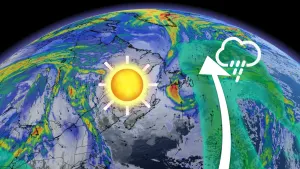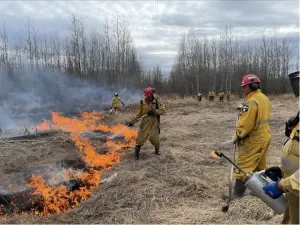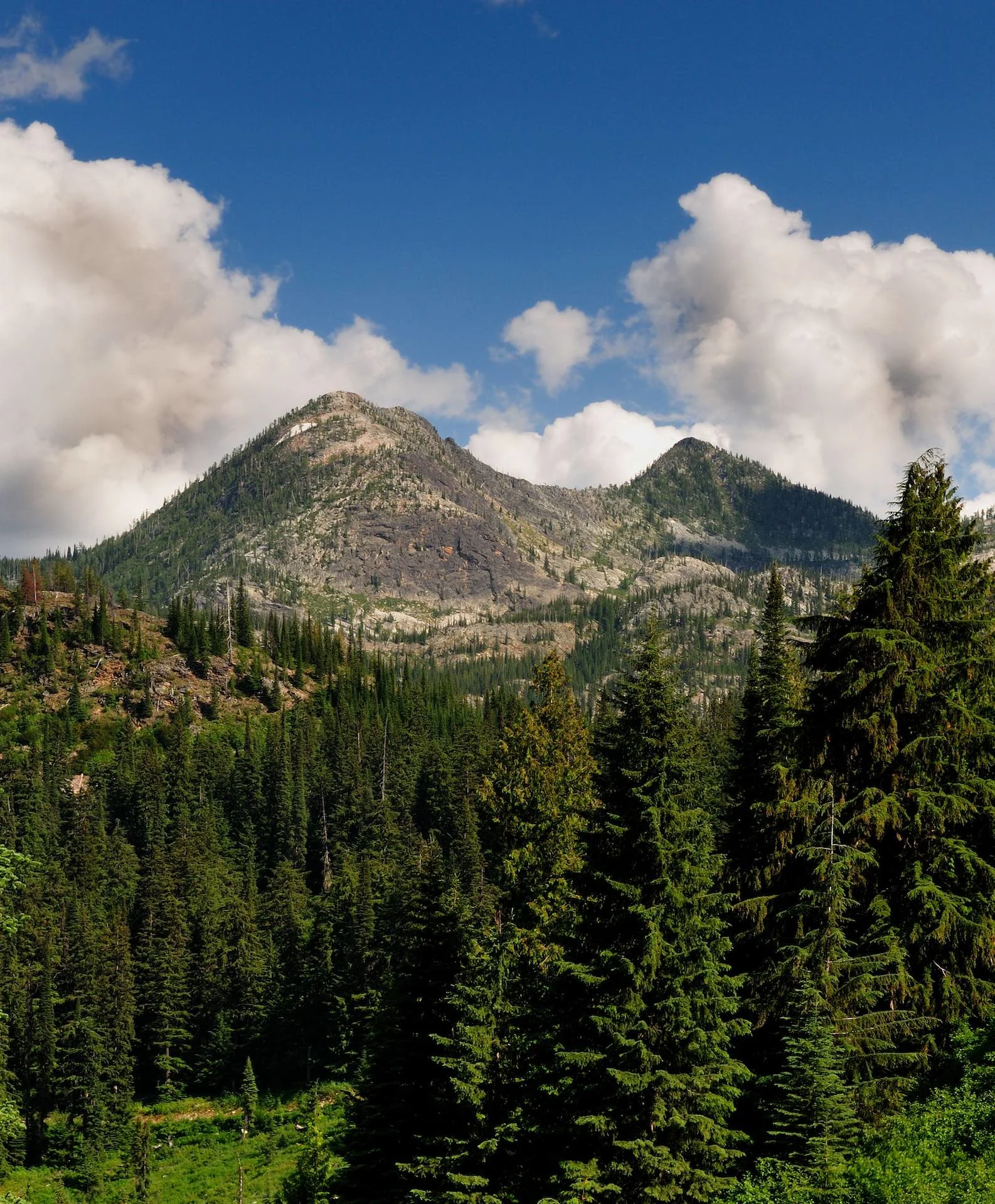
Canadians explore nature more to relieve COVID-19 pandemic stress
Three in four Canadians stated time spent outdoors is "more important to them now than ever before," according to a recent poll from the Nature Conservancy of Canada.
With the second wave of COVID-19 still going strong, and talks of a possible third round in the spring, Canadians are taking to the outdoors to deal with the daily stresses brought on by the pandemic.
That's according to a new Ipsos poll conducted for the Nature Conservancy of Canada (NCC). It indicated that 94 per cent of the 2,000 people polled attributed time spent in nature as a coping mechanism to relieve the stress and anxiety brought on by the pandemic's second round.
SEE ALSO: Glimmer of hope in 2021 for these vulnerable species in Canada
The trend is especially common among women and young families, the canvass uncovered. More than 85 per cent of people surveyed say access to nature has been key to maintaining their mental health during the pandemic, while three in four Canadians said time spent outdoors is more important to them now than ever before.
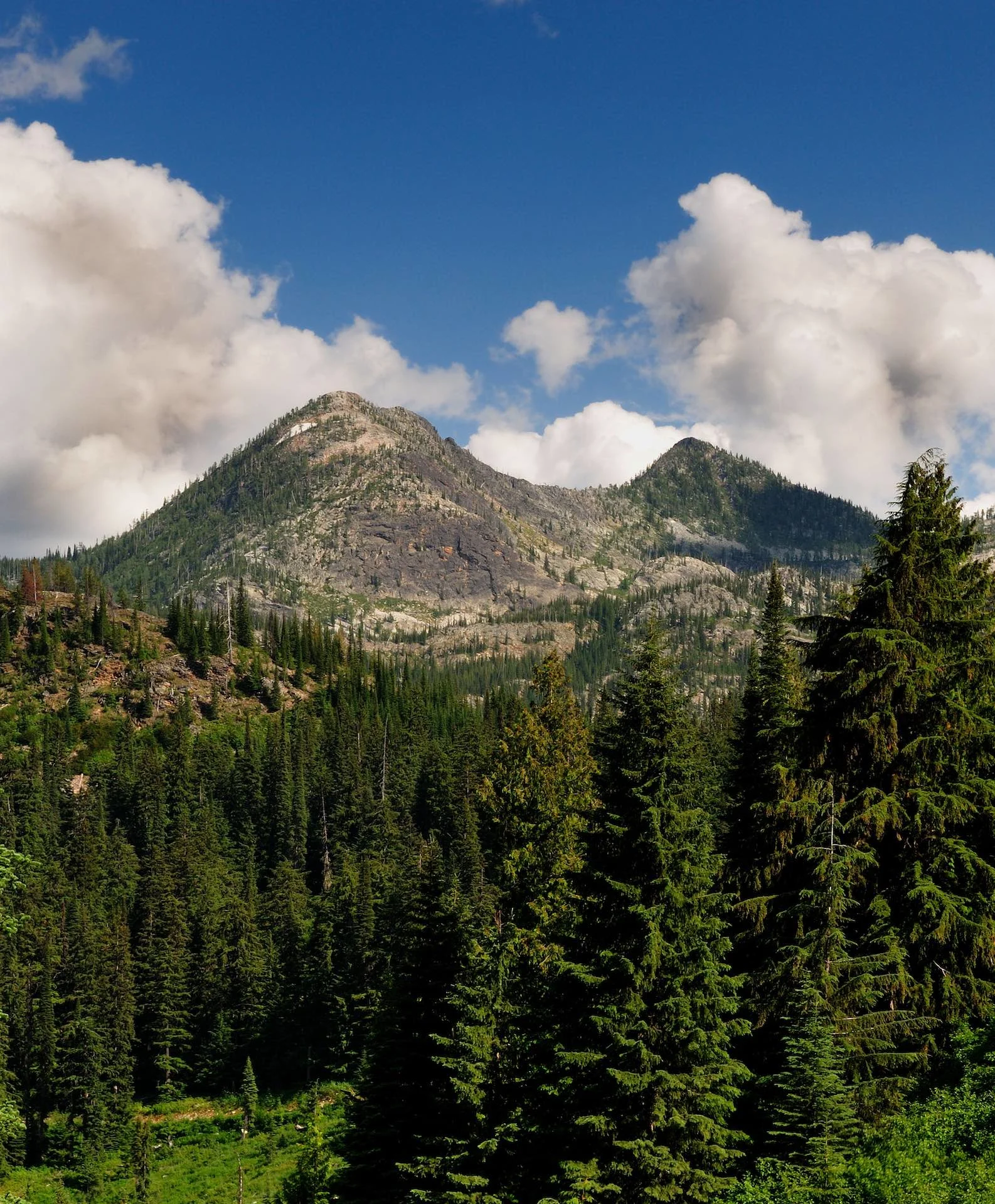
B.C. mountain views. Photo: Nature Conservancy of Canada.
Dan Kraus, NCC’s senior conservation biologist, told The Weather Network that the poll's results were "kind of surprising, but not surprising."
"We know nature provides all kinds of benefits for us when we're out and about in it. It points to the fact that people recognize that time spent in nature really is restorative and is important for our mental health," said Kraus.
PANDEMIC HIGHLIGHTS IMPORTANCE OF TIME OUTDOORS
According to the NCC, the survey is one of the first to try to measure the impact has had on the number of Canadians retreating to the great outdoors for stress relief.
While spending time outside to maintain good health is far from a new concept, Kraus hopes the pandemic will only serve as a reminder of the value of being in nature and lead to a greater appreciation for what Canada's environment has to offer people -- well beyond the public health crisis.
"There's more and more clinical evidence that spending time outside and having that connection to nature is really good for our physical and for our mental health," said Kraus.
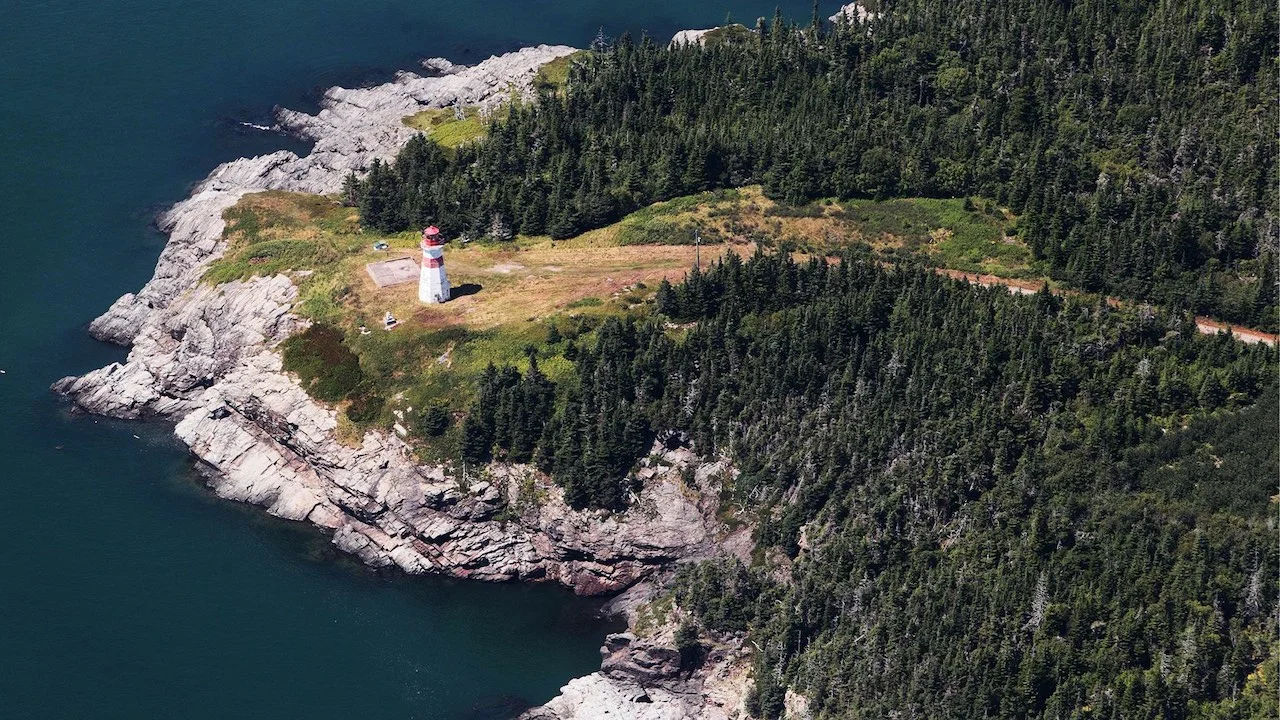
Musquash Head Lighthouse, Saint John, N.B. Photo: Mike Dembeck/Nature Conservancy of Canada.
The survey also found that nine in 10 Canadians said there needs to be a greater investment in restoring and caring for the natural areas across Canada. The NCC senior biologist hopes people are forming the strong connections with nature and the appreciation for the natural surroundings will "carry on" after the pandemic ends, Kraus said.
"We've known for a long time that support for conservation is really, really high. Maybe a better understanding of the role nature can play in supporting our well-being will just help to strengthen numbers."
LANDMARK CAMPAIGN WAS SUCCESSFUL
The recent survey results were released in conjunction with the conclusion of the group's eight-year Landmark Campaign – the boldest fundraising drive for nature ever in Canada, it stated. With more than $750 million raised, exceeding its target, an additional 115,000 square kilometres has been conserved -- an area one and a half times the size of New Brunswick.
The campaign also led to protected habitat for 130 at-risk species, of which seven are only found in Canada.
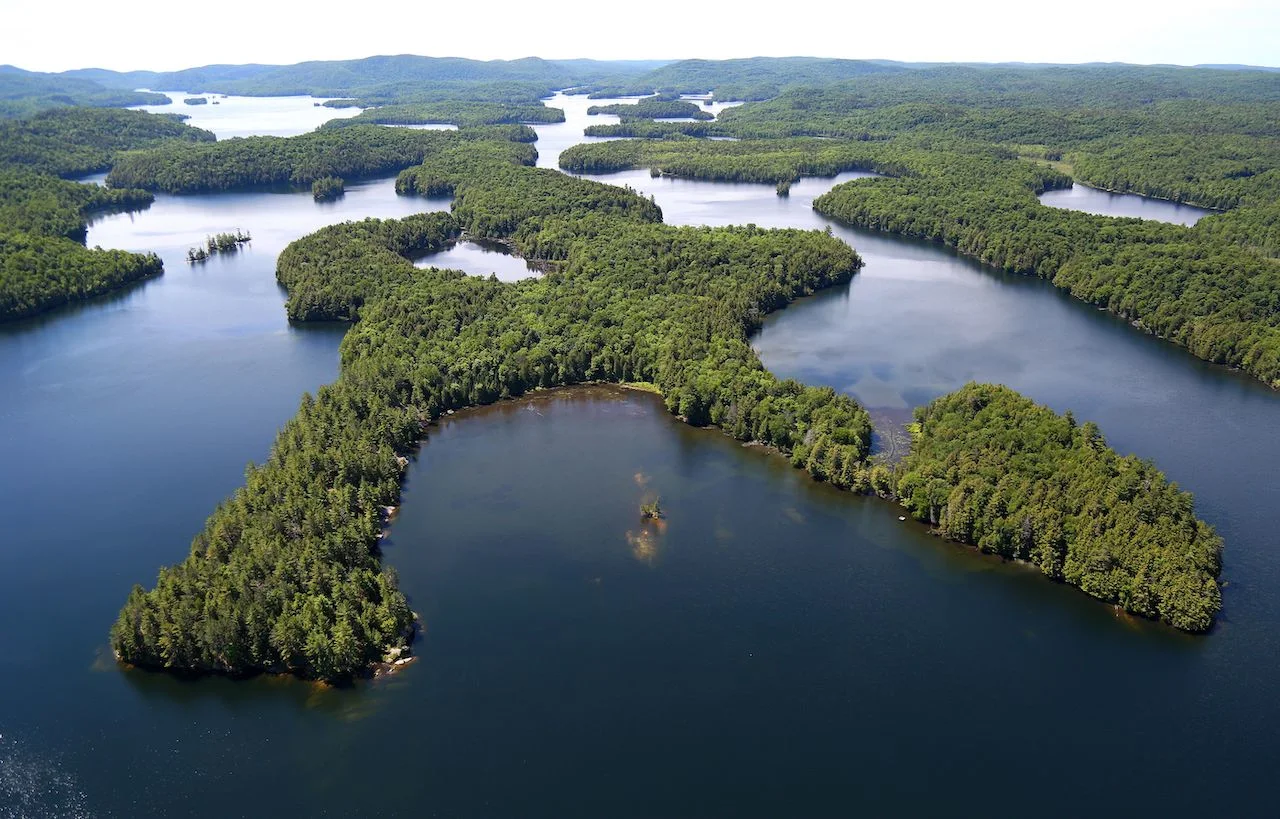
Taken in Quebec. Photo: Mike Dembeck/Nature Conservancy of Canada.
"It's not just the amount of land we protected, it is also what those lands actually include. These are some of the most important places to conserve biodiversity," said Kraus.
As well, the Landmark Campaign has protected more than 4,600 hectares (11,367 acres) of freshwater and 15,500 hectares (38,301 acres) of wetlands. When merged, this is equivalent to an area twice the size of the City of Vancouver, the conservation group says. Forest protection under the Landmark Campaign has totalled 300,000 hectares (741,316 acres).
"These really are critical places, especially in Southern Canada. If we hadn't protected them during this campaign, it's possible they could have been lost," Kraus added.
The results of the online survey are considered to be accurate to within +/- 2.5 percentage points of what they would have been had the entire adult population of Canada been polled.
Thumbnail courtesy of Nature Conservancy of Canada.
Nathan Howes can be followed on Twitter: @HowesNathan.









